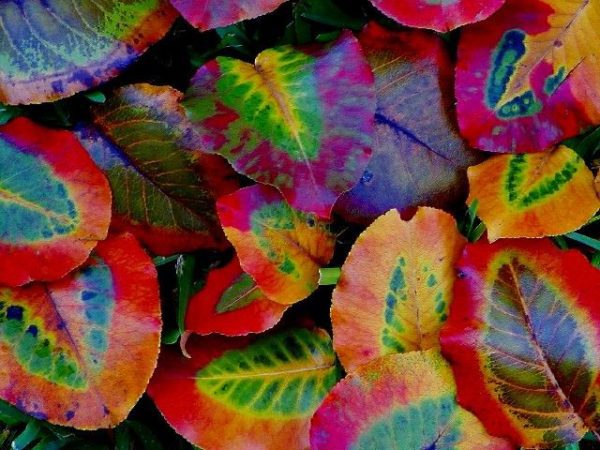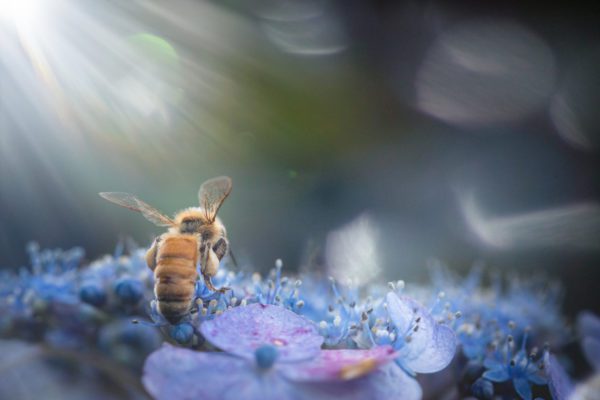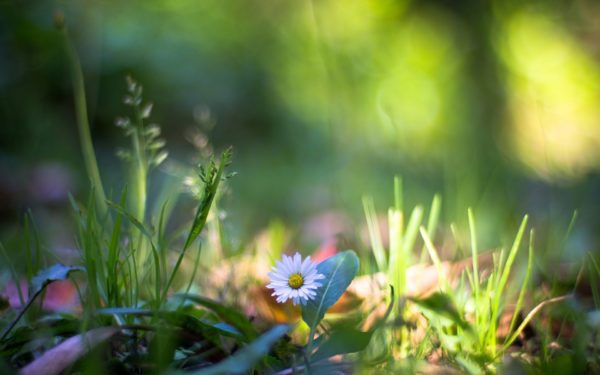In the contributions published in this Druids for Justice section, we hear the voices of OBOD members. The pieces reflect the reality lived by members directly affected by racism or other injustices, and how Druids have taken action to express their love of justice, in ways great or small. They tell their stories. They reflect the diversity of the Order.
May all our conversations together be held in a spirit of peace and love.
You can send your own submissions by email to justice@druidry.org.
 by Gail Nyoka
by Gail Nyoka
When you see a person of colour, what do you see? Do you see a complete human being: one with talents, skills, hopes and challenges? Someone who is loved and who loves?
Or do you see someone to be feared? Do you have a ready-made set of perceptions? Perhaps your eyes slide over and around that person, and you don’t see them at all.
Let’s face it. We live in a racist society, and all of us have absorbed racist ideology, often subconsciously. I had an aunt (now dead) who felt that natural African hair was uncivilized. In lands touched by colonialism, aspects of colonial ideology live on, decades after independence.
Where did this ideology come from? It hasn’t always been so. One of the most important things we can do as Druids is to educate ourselves. A good start would be to look at books by people who have studied racism and its roots. Try Superior: The Return of Race Science, by Angela Saini. By knowing the history of racism, we can start to examine our prejudices, and how we came by them. We can start to chip away at them.
Knowing the history is a start, but it is not enough. There has to be an effort made to combat racism in the present. What does a cop see when he or she pumps bullets into the body of a dark-skinned
person? What did the truck driver see when he made several attempts to run me down – a child of six, on a street in Peckham? There is seeing, and there is hearing. Both are necessary. There is a tendency among many white-skinned people to disbelieve a person of colour who speaks about things they have experienced. “That didn’t really happen,” is a common phrase, as is “I’ve never seen that.” It’s no wonder that people of colour rarely talk about their painful experiences to white people.
There is seeing, and there is hearing. Both are necessary. There is a tendency among many white-skinned people to disbelieve a person of colour who speaks about things they have experienced. “That didn’t really happen,” is a common phrase, as is “I’ve never seen that.” It’s no wonder that people of colour rarely talk about their painful experiences to white people.
I urge Druids to listen when a person of colour speaks. Be open to learning about things you may never see. To negate and minimise the lived experience of a person of colour is the height of arrogance and disrespect.
In his book, How to be an Antiracist, Ibram X Kendi dismisses the notion of ‘not racist.’ There can only be the daily intention be aware, to speak up when necessary, and to question systems of oppression in schools, at work, in institutions. This is a facet of the justice we seek as Druids. This doesn’t mean that we can achieve perfection as anti-racists. It does mean facing our denials, recognizing our biases, and having a continued desire to do better. It’s a process that we live daily.
An excellent way to get into a habit of truly seeing, is to read fiction. Fiction takes you into the life and thoughts of an individual. It helps you to get under a person’s skin, so to speak. It teaches us to go past our preconceptions, to see and to hear. I’m particularly fond of the work of Bernadine Evaristo.
As a Druid community, we can consciously keep antiracism in mind in our daily interactions. By doing so we come closer to the ideal of justice and love.
—
Superior: The Return of Race Science, Angela Saini. Bantam Press, 2019
How to be an Antiracist, Ibram X Kendi. Random House, 2019. Kendi gives some useful definitions at the beginning of the chapters in his book.
Girl, Woman, Other, Bernadine Evaristo. Black Cat, 2019.
The books I have mentioned are ones I have read and found useful. There are many more. For further suggestions, try this list from The Guardian: https://www.theguardian.com/books/booksblog/2020/jun/03/do-the-work-an-anti-racist-reading-list-layla-f-saad
Gail Nyoka has been a member of OBOD since 2000. She is a storyteller and playwright.